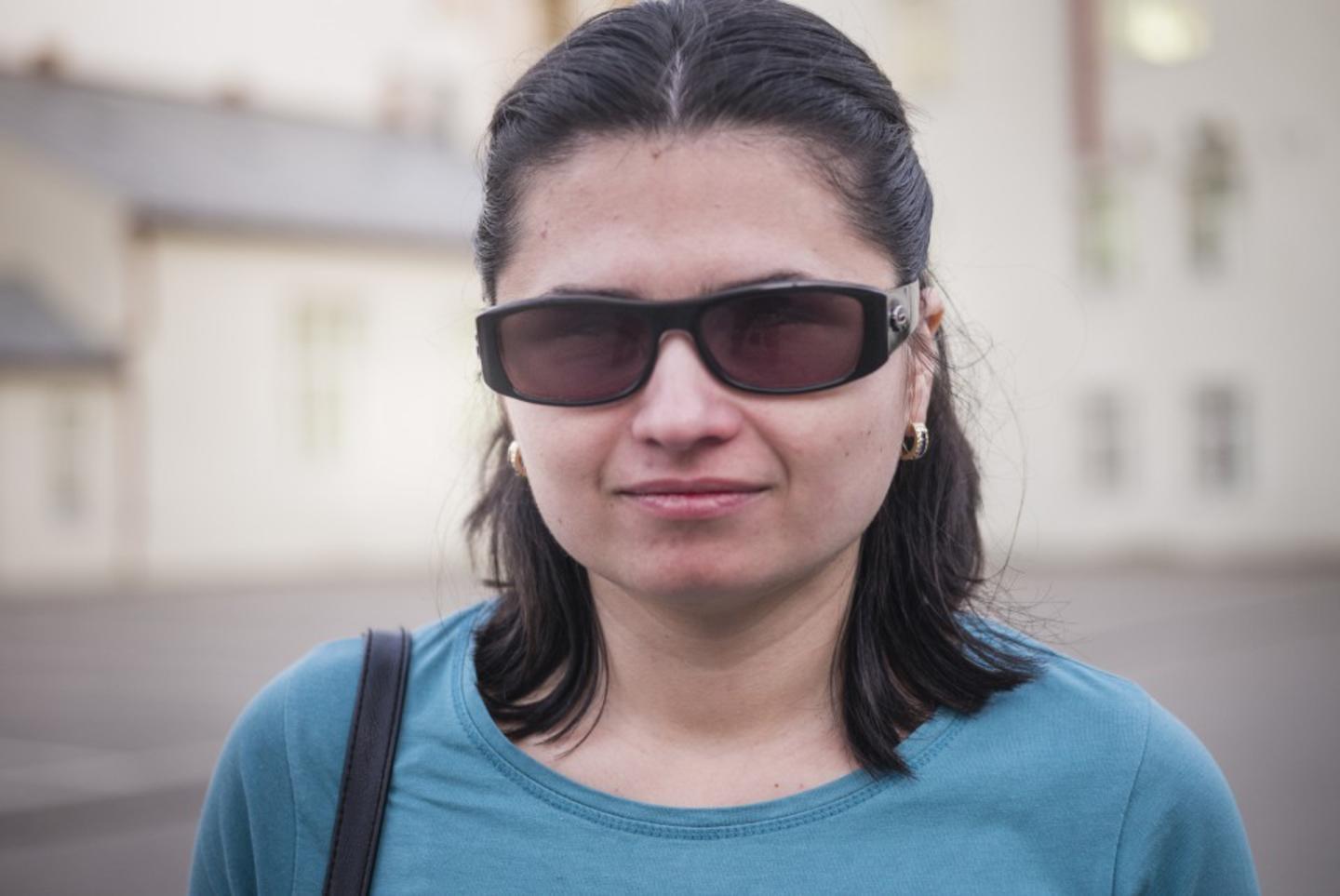Blind and visually impaired people face many difficulties in performing simple everyday tasks: travelling on public transport, dealing with official matters or even doing basic shopping can be problem. The Csongrád County Association for the Blind and Visually Impaired in southern Hungary has launched an initiative to help visually impaired people to go shopping, a project which received support from the EEA Grants NGO programme.
The association created a ‘blind friendly’ objective rating system after assessing 80 shops in Csongrád County by making trial purchases. Within this system they evaluated how user friendly the stores were for the visually-impaired; they listed physical barriers, such as whether the typeface used in pricing products has a strong contrast, whether there is an information desk at the entrance, whether guide dogs are allowed in the shop, etc.
The most important aspect of the survey was to assess the level of personal assistance provided. Without the help of shop assistants, it is almost impossible for a blind person to find something in a large shop. They cannot see the goods on sale, the shop staff do not always help them and guide dogs are often not allowed in the shop.
Making test purchases
The 14 trained assessors were all visually impaired people and chosen from a wide age group. They experienced several problems when making test purchases: many shops only had a few members of staff and were often not prepared to provide personal assistance to people with disabilities. Overall, it was clear that accessibility needs to be greatly improved.
As part of the project, the evaluations have been fed into an online database clearly indicating which shops have appropriate conditions for blind people, where they can easily buy basic groceries and goods. The ‘blind friendly store’ rating certificate helps to reduce the vulnerability of visually impaired people, as well as increasing consumer security in a range of ways, including the physical environment and in terms of the information provided.
Future plans
Any shops which do not comply with the qualification system’s requirements receive recommendations and advice. The association can then proactively cooperate with the shop to help them make the necessary improvements to make shopping accessible. The classification system may be further developed on a regional and national level. Other disability or consumer groups may also look into building their own systems based on this model, helping to reduce the vulnerability of the disabled communities.
